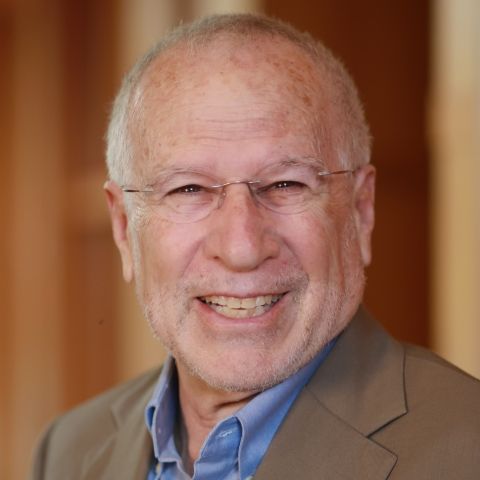
Anonymity and Authority
Anonymity, like its companions secrecy and privacy, is a mixed blessing. The protection of being anonymous does allow some people to say things they might refrain from saying if their names were attached to their utterances. And insofar as some of the things that such people might say with anonymity but not without would be of genuine value, anonymity will thus sometimes empower people to say things that are worth saying, increasing the overall stock of worthwhile information and opinion. The Federalist Papers are a prime example,' and so too are the various other anonymous pamphlets and articles and letters that were so important in America's Founding Period. Similarly, the world seems a better place because of the works that have been produced behind the shield of a pseudonym, whether they be the novels of George Eliot or George Sand, or the humor of Mark Twain. And the prevalence of the secret ballot throughout the democratic world embodies the view that public voting, although it may have some communitarian virtues, may also be too often distorted by threats and intimidation.
Yet anonymity has its darker side. It may empower baseless libel or harmful gossip. It allows people, whether in voting or writing, to manifest prejudice and personal grievance and other illegitimate motives without fear of appropriate social sanctions. And it deprives citizens of information about the identity of speakers or writers that they may often, and often for entirely legitimate reasons, desire to have.